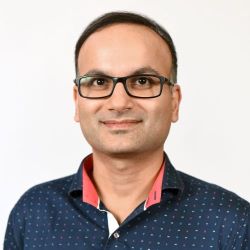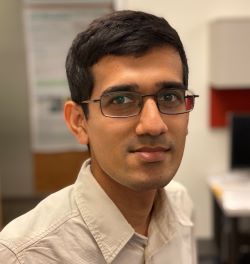Hardware for ML and ML for Hardware
EH 2430 Engineering Hall, University of California, Irvine, Irvine, CA, United StatesDATE/TIME: Monday, April 1st, 11:00am
SPEAKER: Prof. Aman Arora, Arizona State University
This talk delves into the exciting intersection of hardware design and machine learning, showcasing how these fields are mutually benefiting each other. The presentation will feature cutting-edge research projects that exemplify this dynamic.







